Estou tendo problemas com código abaixo
-
Quem está navegando aqui 0 usuários estão online
- Nenhum usuário registrado visualizando esta página.
Sobre o Clube do Hardware
No ar desde 1996, o Clube do Hardware é uma das maiores, mais antigas e mais respeitadas comunidades sobre tecnologia do Brasil. Leia mais
Direitos autorais
Não permitimos a cópia ou reprodução do conteúdo do nosso site, fórum, newsletters e redes sociais, mesmo citando-se a fonte. Leia mais

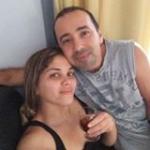

.thumb.png.5968d242cac2e776d1fb7f97c44b6f6a.png)









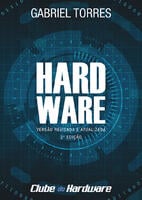
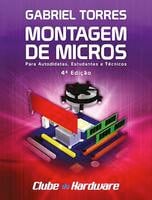
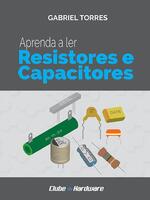
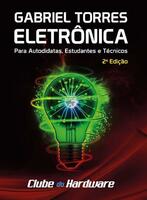
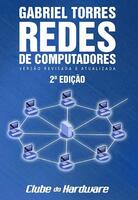



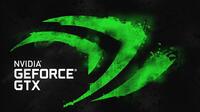
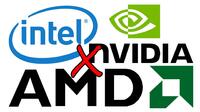
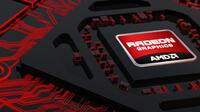

Posts recomendados